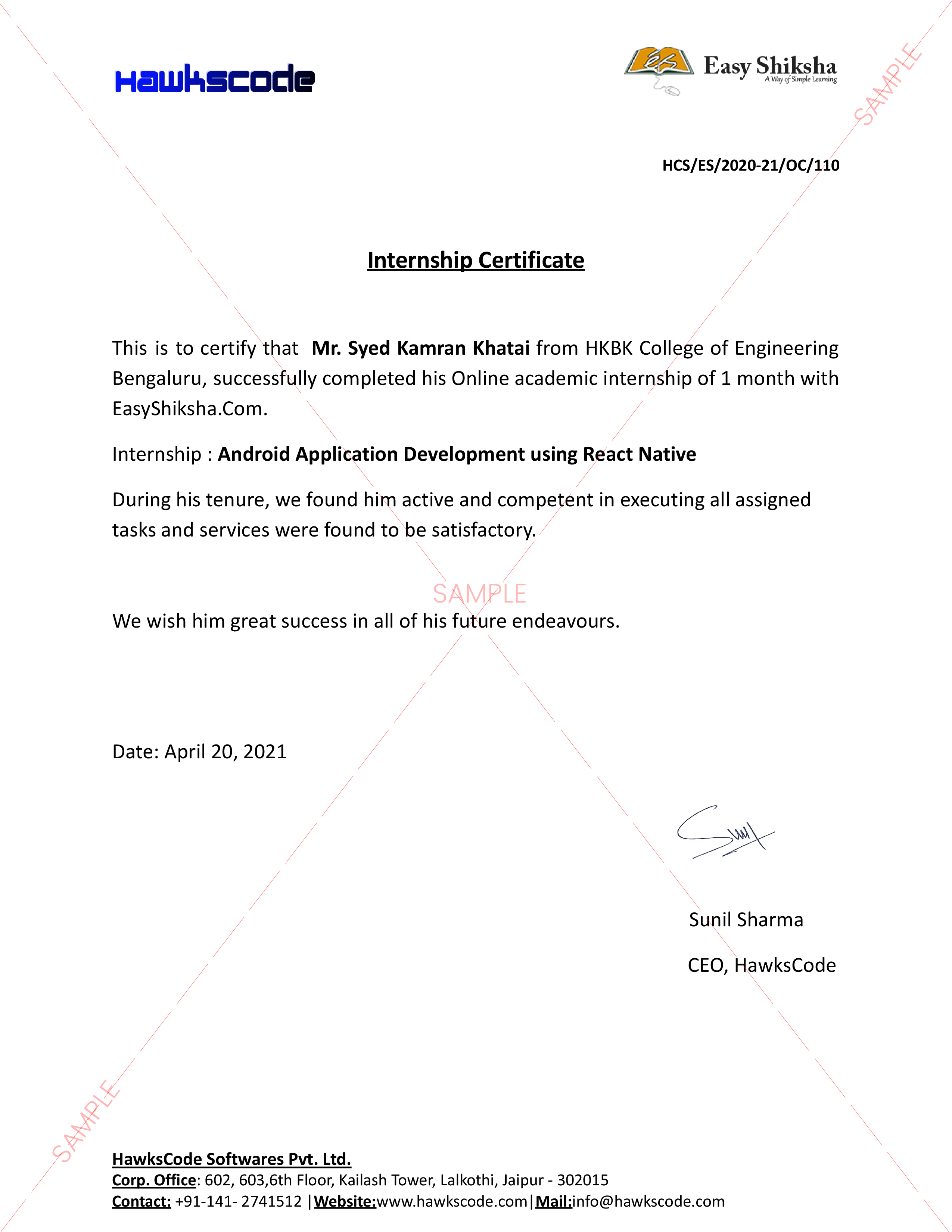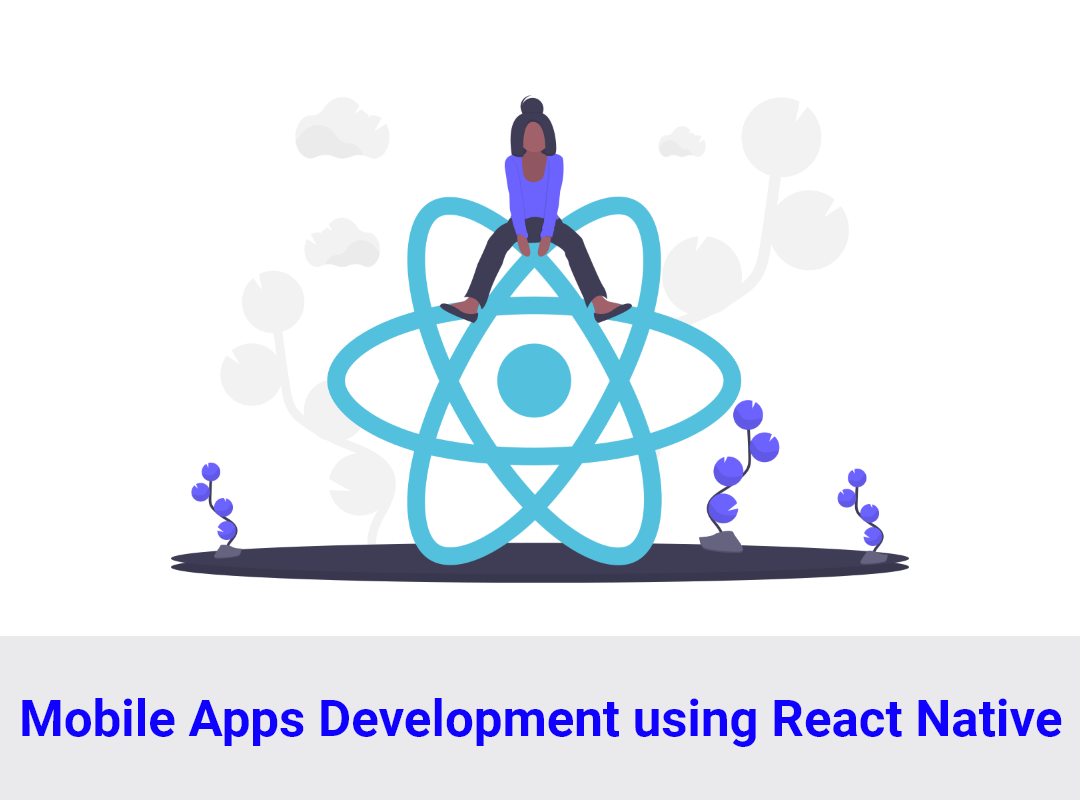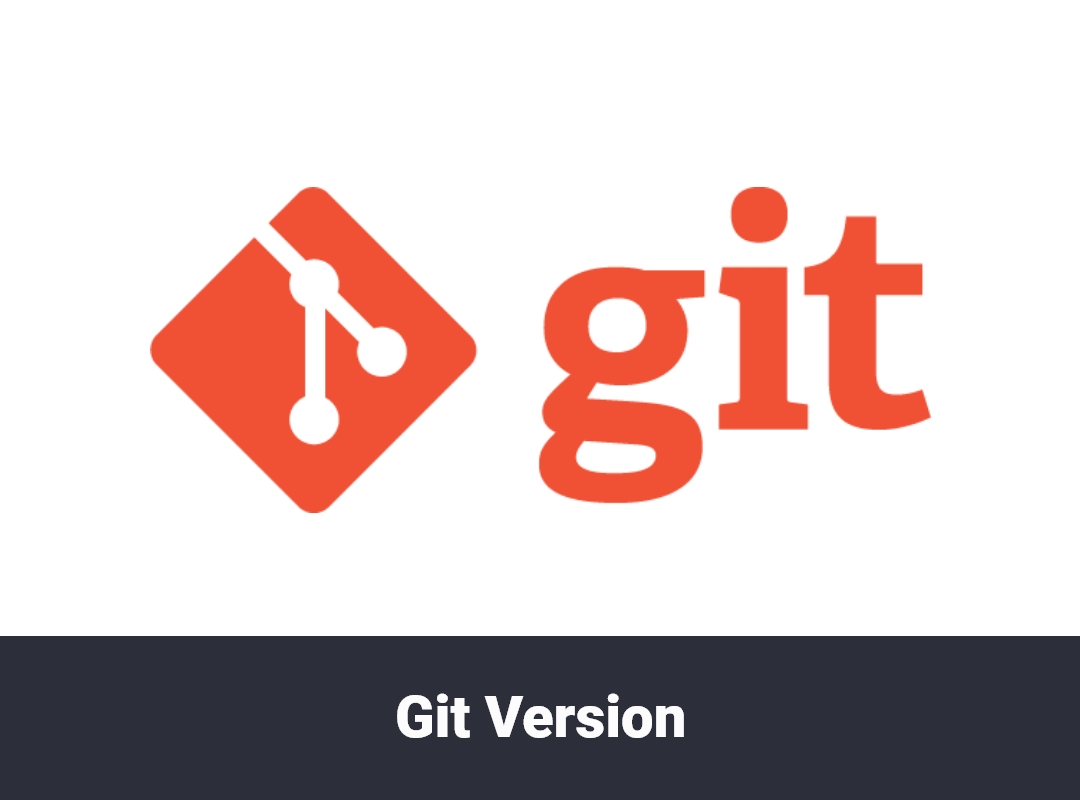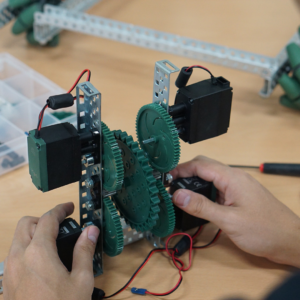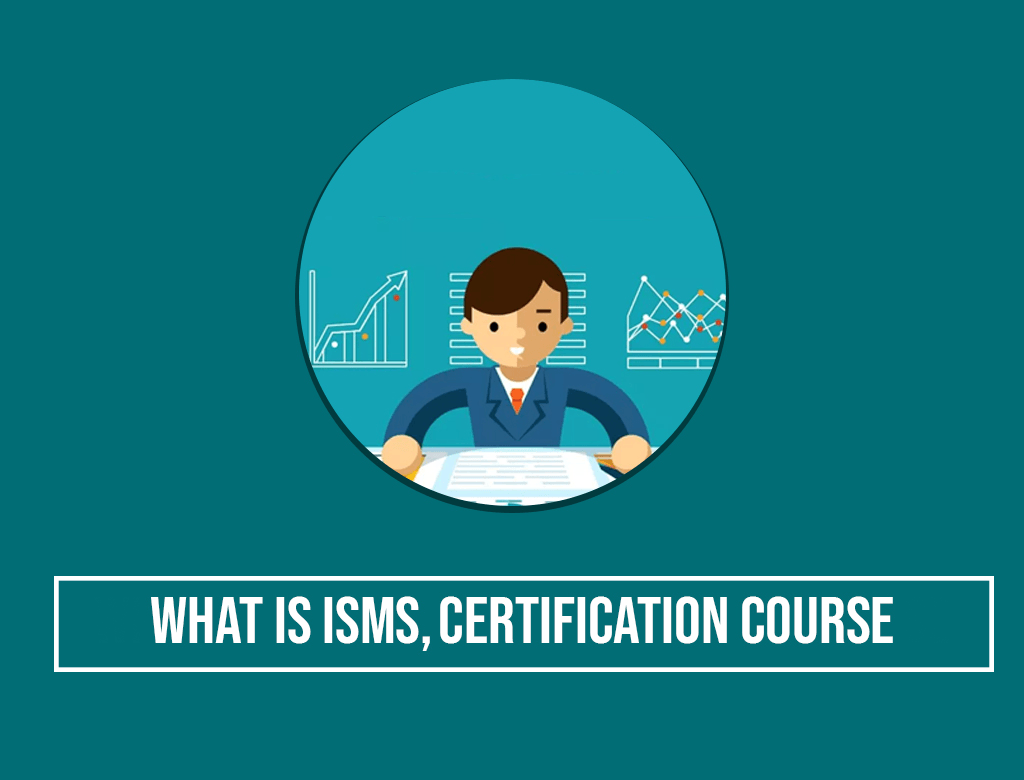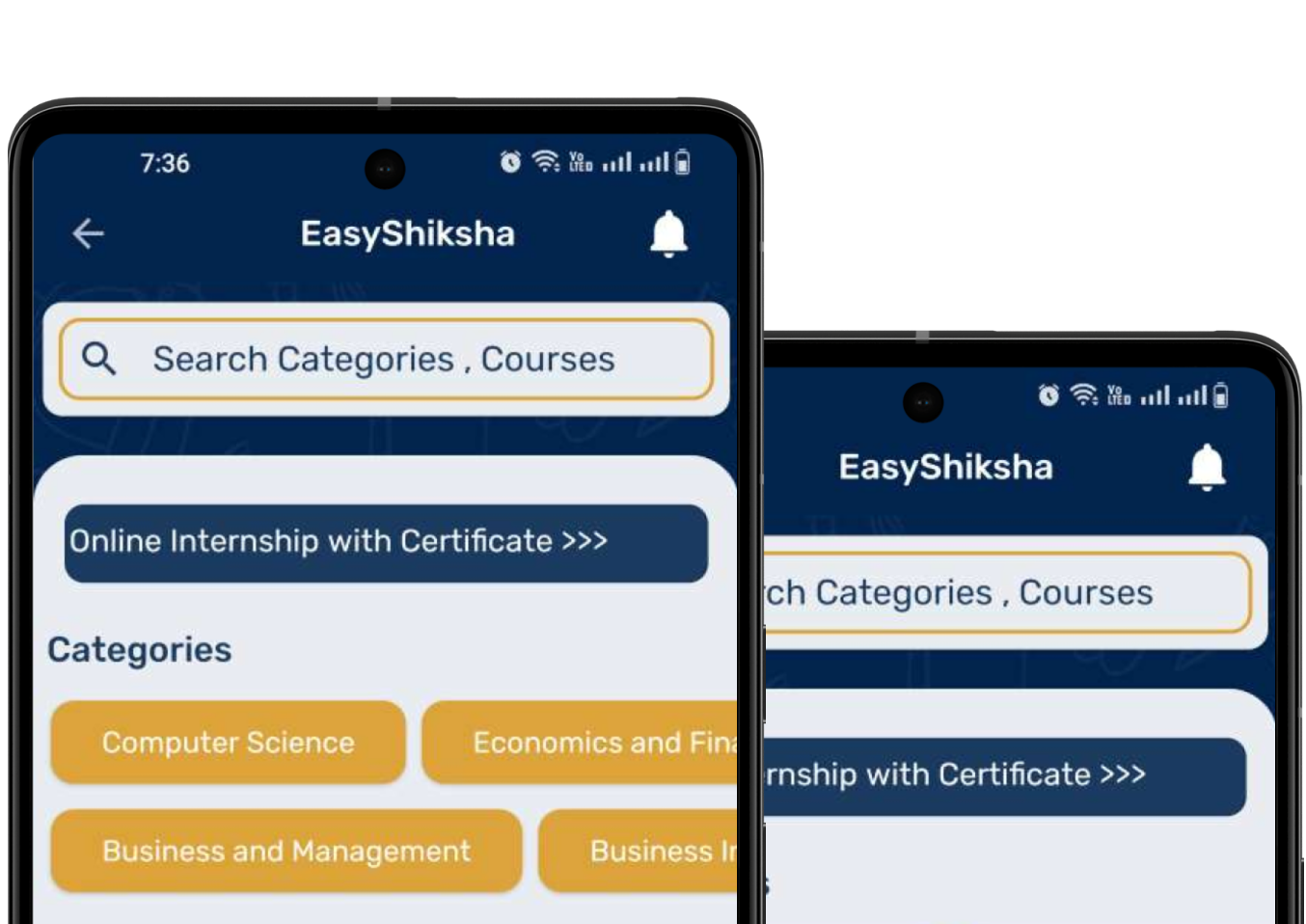We have prepared a set of exclusive quotes from industry leaders that offer valuable insights and expert quotes on the Interim budget implications, particularly focusing on the growth and enhancement of the Education and Human Resources sectors.
Sumit Kumar, Chief Strategy Officer, TeamLease Degree Apprenticeship, “The budget clearly paves way for setting the stage for Viksit Bharat with Sabka Sath, Sabka Vikas, in 2024. It is inclusive, holistic, progressive and sustainable, aiming for a $5 trillion economy by 2027 and preparing for a $30 trillion turn by 2047. With the special focus on poor, women and youth – it is an indication of leveraging demographic dividends to raise economic productivity. Investments in infrastructure development related to travel, housing and tourism is expected to raise much needed employment opportunities which will percolate to skilled talent required to fulfill those jobs. In order to achieve the target of net zero carbon emissions by 2070, there has been an emphasis on a green economy with focus on expansion of solar energy, bio fuels and charging infrastructure which will raise the need for green skills. Make in India continues to be the focal point to take advantage of reorder in the global supply chain by highlighting the need for technical skills in the manufacturing sector. With all these initiatives there is a need to gravitate towards a skill economy and the budget indicated the vision and mission of Government for next 5 years that it is expected to be in power.”
AR Ramesh, CEO, TeamLease Degree Apprenticeship, “The budget’s commitment to upskilling and reskilling 54 lakh youth represents India’s path towards a ‘Viksit Bharath’ or Developed India, taking a significant stride towards unlocking the potential of our 800 million youth. The focus on digital and online learning is crucial, providing access to education for everyone and empowering people from diverse backgrounds. Now the journey for the next generation of women entrepreneurs begins. With organizations leveraging higher learning embedded OJTs like Degree Apprenticeship programs to attract and train workforce, this is the right time for the government to create conducive frameworks to accelerate adoption.
Additionally, the trend towards inclusivity in the workforce, particularly in traditionally male-dominated sectors, promises a bright future. Our data indicates that some manufacturing companies, which previously preferred male employees, have more than doubled their female workforce and aim to exceed 30% ratios. Companies that adopt apprenticeship programs encourage diversity and drive economic empowerment, as evidenced by the doubling of the female workforce in manufacturing sectors. As we nurture the next generation of women entrepreneurs, integrating degree apprenticeship programs can catalyse change, bridge the skills gap, and foster socio-economic mobility. The government’s proactive role in creating favourable frameworks for the widespread adoption of such programs is crucial, ensuring that women throughout the country have the same opportunities to thrive and contribute to India’s journey towards inclusive growth and development.”
Jaideep Kewalramani, COO & Head of Employability Business, Teamlease Edtech –
‘’The female contribution to GDP remains one of the lowest among the comparable economies. Increasing participation and contribution for GDP growth will mean creating a strong base of education, skill development, employment and entrepreneurship opportunities and inclusion in several key initiatives. The Government’s focus on this is reflected through the budget allocations and policy support for Mudra Yojna, STEM Education and Higher Education are important commitments that will help women participate in GDP growth.’’
Shantanu Rooj, CEO & Founder TeamLease Edtech
”The long term focus with matching infrastructure development for the higher education sector and skill development is helping the youth of India to be job ready. Addition of 390 Universities, skill development of over 2 youth and improvement by 28% in female enrolment in higher education are results of this focus. This will yield rich dividends for the industry and economy at large.”
AR Ramesh, CEO, TeamLease Degree Apprenticeship, “It is heartening to see that new economic opportunities are being created in the technological sector at the global level. The number of GCCs are at a staggering 1580 currently and expected to grow at a scorching pace. Around 4.5 million people are expected to be employed in GCC by 2027 with many cities vying to become regional hubs. It is extremely important that with this growth and demand for workforce, there is availability of right talent with skills specific to the new entrants. Hence upskilling/reskilling becomes a key play.
Companies also need to look at creating sustainable entry level talent who learn skills specific to the roles required. Given that AI is changing the landscape of jobs this becomes even more pronounced. Embracing learning linked apprenticeship programs to skill and bill will be a key strategy to develop these skills and get future ready talent. It is important companies start investing here on a war footing in line with the government schemes.”
Dhriti Prasanna Mahanta, Vice President, TeamLease Degree Apprenticeship, “In the upcoming years, integrating Direct Benefit Transfer (DBT) with the National Apprenticeship Promotion Scheme (NAPS) 2.0 can play a pivotal role in realizing the Prime Minister’s vision of Vikas Bharat. This initiative aims to skill 47 lakh youths and enhance the skilling ecosystem, which will directly benefit the end-users. Along with that, it promises significant government savings, similar to other successful DBT schemes, which can be utilized to strengthen skilling infrastructure. By leveraging DBT through NAPS 2.0, we can empower the youth with essential skills to drive sustainable economic growth in line with national goals.”
Dhriti Prasanna Mahanta, Vice President, TeamLease Degree Apprenticeship, “The aviation industry’s progress heavily depends on having a skilled workforce in its 12 key functions. Unfortunately, India faces a significant 67% skill deficit in this sector due to the high training costs and inadequate infrastructure. To address this challenge and prevent the loss of talent to other countries, we recommend implementing work-based apprenticeship programs supported by government initiatives like Direct Benefit Transfer (DBT). These programs can bridge the skill gap and ease the financial burden for employers and aspiring professionals. By fostering a culture of apprenticeship, India can emerge as a global leader in aviation skills, comparable to Global Capability Centers (GCC) segments. This strategic push towards ‘Skill in India’ linking to Global Mobility initiative of NDSC.”
Also read: Quote on the Interim Budget reaction – Tech Sector
Neeti Sharma, Co-Founder, TeamLease Edtech, ‘’It is truly uplifting to witness the surge in female enrollment in higher education, a development poised to enhance the employability of female students and elevate their socio-economic well-being of both themselves and their families. The notable presence of over 43% of women in STEM programs is a source of great encouragement, paving the way for improved employment prospects for these individuals and serving as a catalyst to inspire countless others. The ongoing governmental backing, particularly in sectors such as EV manufacturing, promises the generation of many new job opportunities that would require diverse skills and experience levels”
Important Announcement – EasyShiksha has now started Online Internship Program “Ab India Sikhega Ghar Se”
Amrita Vishwa Vidyapeetham from Dr. Sasangan Ramanathan, Dean & HoS, Amrita University
“The announcements in the interim budget are welcome. The decision to create a corpus fund to provide long-term loans for research and development would be a game-changer for the research and education ecosystem in India. Government’s focus on new-age technologies and data is going to give a big boost to higher educational institutions. The Increased female enrolment in higher education to 43% in STEM courses is welcome news. We are hopeful of some path-breaking announcements in the full budget in July with respect to higher education institutions.”

Anshuman Das, CEO and Co-founder, Careernet
“As we witness the unprecedented pace of infrastructure development in all facets—be it digital, social, or physical—it is evident that the government’s commitment to progress is unwavering. The financial provisions outlined by the Finance Minister signal a paradigm shift, especially in the empowerment of women. With 300 million Mudra Yojana loans, the nation is fostering entrepreneurial spirit, while the remarkable 28% surge in female enrolment in higher education speaks volumes about the strides in education equality. Notably, our optimism is further fuelled by the impressive 43% representation of girls and women in STEM courses, showcasing a commitment to diversity and inclusivity. At Careernet, we embrace this forward momentum, recognising the correlation between education, empowerment, and the rising participation of women in the workforce. This budget sets the stage for a more inclusive and vibrant employment landscape.”
Rahul Malodia, Founder & CEO of Malodia Business Coaching
“The budget’s focus on global competitiveness for MSMEs through training is a positive step towards Viksit Bharat and the commitment to sustainable economic policies and next-gen reforms, in collaboration with states and stakeholders, signals a positive trajectory. The vision for India’s development by 2047 aligns with the positive transformation witnessed in the last decade. The dedicated emphasis on all-round, all-inclusive development resonates with our mission. The priority to train MSMEs for global competition is a crucial step. This budget sets a promising tone for the entrepreneurial ecosystem, and we eagerly contribute to India’s journey towards becoming a developed nation by 2047.”
Sourabh Deorah, CEO & Founder, Advantage Club
“We welcome the government’s decision to extend tax benefits for startups until March 2025 and allocate 1 lakh crore loans for tech-savvy youth. The support provided by Fund of Funds, Startup India, and Startup Credit Guarantee Schemes exemplifies a comprehensive approach to fueling growth. Overall, the budget presents a positive outlook for the future of India Inc.”
Top Courses in Mobile App Development
More Courses With Certification

Mr. Prajodh Rajan, Co-Founder & Group CEO, Lighthouse Learning
“The Interim Union Budget offers a beacon of hope for India’s education landscape. As rightly mentioned by the Union Finance Minister, the National Education Policy 2020 has ushered in transformational reforms in terms of delivering quality education across the country. Upgrading Anganwadi centers through Saksham Anganwadi and Poshan 2.0 is a welcome step, to not only expedite the improved nutrition delivery but also prioritise early childhood care and development, laying the foundation for a brighter future for our country. The continued emphasis on STEM education and empowering girls and women is particularly encouraging.
We believe that these initiatives have the potential to unlock India’s vast human capital and propel our nation towards becoming a developed country by 2047. We must ensure that the allocated funds reach the grassroots level and translate into tangible improvements in classrooms and learning outcomes. Collaboration between government, educators, and private stakeholders will be crucial in achieving these ambitious goals. We look forward to more positive changes in the future with hope and optimism and are committed to playing our part in building a brighter future for our children.”
Top Courses in Engineering Courses
More Courses With Certification
Dr. Adya Sharma, Director, Symbiosis Centre for Management Studies, (SCMS) Pune
A commendable step has been taken in Budget 2024 to support youth, women, the poor, and farmers towards inclusive growth. The government’s commitment to invest in research and technology, especially in sunrise domains, is a promising move for our nation’s future. The emphasis on programs that combine the power of youth and technology is particularly exciting. The allocation of Rs 1 lakh crore with a 50-year interest-free loan to aid the growth of India’s tech-savvy youth is a testament to the government’s commitment to fostering a tech-driven future. However, as we move forward, it is crucial to remember that the potential of our youth is, to some extent, dependent on the potential of our teachers. Therefore, I hope to see some programs, policies, or incentives in the future that encourage and strengthen capacity building among teachers and faculty. Investing in our educators is investing in our future. As we equip our youth with the skills and knowledge to navigate the digital age, let us also empower our teachers to guide them on this journey. After all, a nation’s progress is mirrored in the quality of its education, and the quality of education is determined by the quality of its teachers.”
Empower your team. Lead the industry
Get a subscription to a library of online courses and digital learning tools for your organization with EasyShiksha
Request NowDr. Netra Neelam, Director of Symbiosis Centre for Management and Human Resource Development (SCMHRD)
“The government successfully launched the New Education Policy (NEP) in 2020. This was definitely a welcome step and has been embraced by the Educational sector wholeheartedly. Such a well-thought-out policy will need adequate financial support for successful execution. If we have to attain holistic development, multidisciplinary learning, technology integration, teacher empowerment and student-centric inclusive ecosystem as per objectives of NEP, we must definitely have a progressive education budget this year. NEP has recommended a budget allocation of 6% towards education which is actually double of what has been allocated for education in the last three years. We all know, that ploughing money into education is not an expense, it’s an investment for our future and we look forward to a budget which will make up this gap.”
Dr. Shashikala Gurpur, Director of Symbiosis Law School, Pune
“The focus on skilling and reskilling in the Budget 2024 is indeed interesting, especially considering our country’s vast young demographic. The Skill India Mission has successfully trained around 1.4 crore youth, which is a testament to the potential of our youth The emphasis on women, youth, farmers, and the poor is very relevant to community outreach, skilling, and technology-driven reach of education. Around 1.4 crore youth have been trained under the Skill India Mission and 3000 new ITIs have been established. Our curriculums must address the policy and law gaps in renewable energy and electric vehicles. The role of education in ensuring these outcomes is significant. Last year, the Education Ministry’s budget allocation increased by a marginal 8 per cent from Rs 1.12 lakh crore. The fact that there has been no change in income tax has implications for teachers and householders. Lastly, the incorporation and recognition of caregivers are important. We look forward to seeing more initiatives in the upcoming budgets that address these critical areas.”
Top Courses in Software Engineering
More Courses With Certification

Dr. Sanjay Gupta, Vice Chancellor of the World University of Design
“As a design university, we enthusiastically welcome the government’s acknowledgement of ‘Nari Shakti’ and its commendable efforts in advancing female education, especially in STEM courses. The commitment to empowering women transcends education, as one can see it being reflected in various reforms. Furthermore, the emphasis on new-age technologies and allocating a one lakh crore corpus for research and innovation heralds a big opportunity for our tech-savvy youth. This forward-looking budget resonates with our university’s mission to cultivate creativity, innovation, and inclusive progress in design education. We are poised to leverage these opportunities to inspire the next generation of designers and contribute to the transformative landscape of design in India.”
This year educate yourself and develop your career with EdTech Platform EasyShiksha

